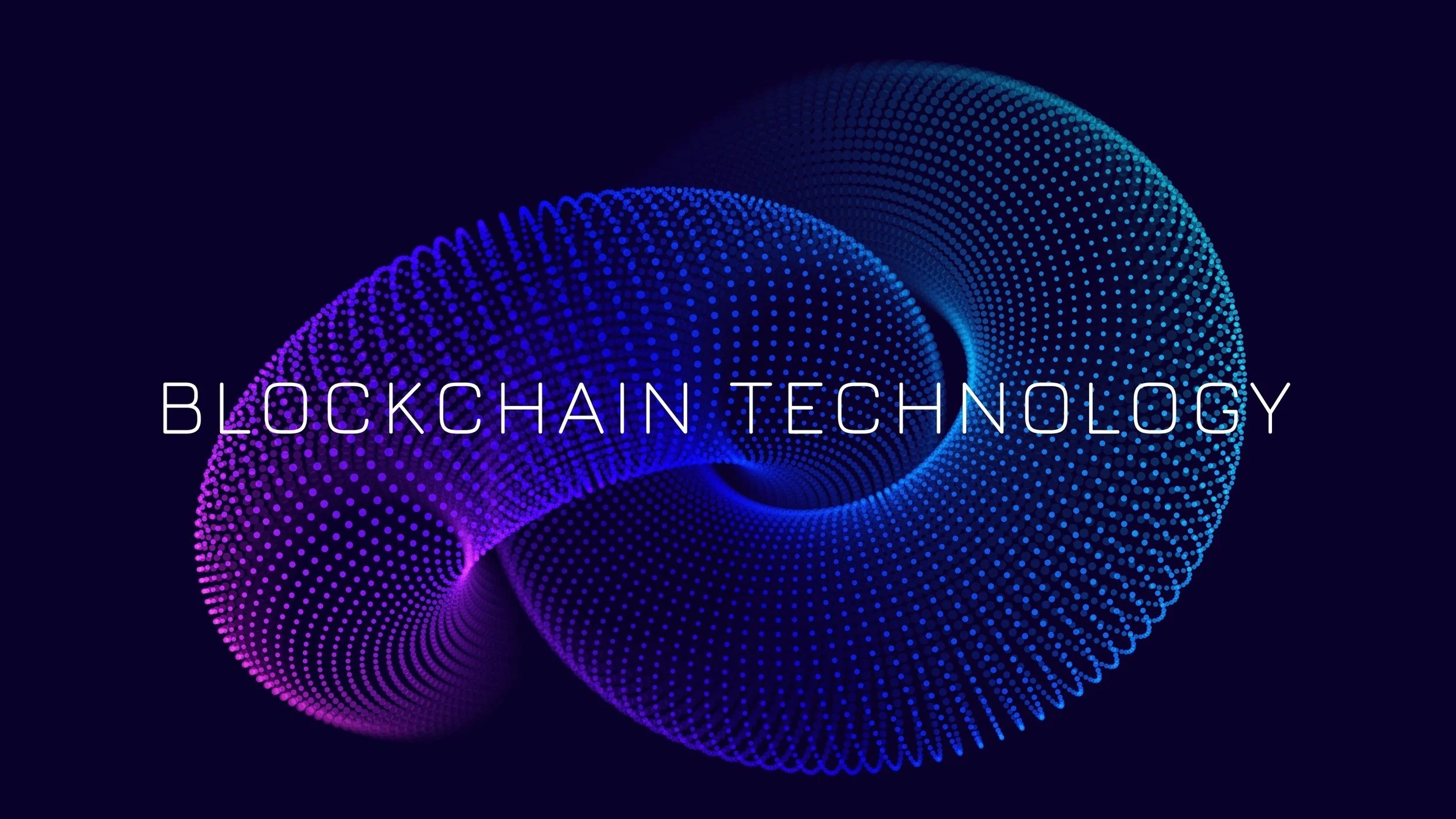How can we use the blockchain in law?
When we hear the word ‘blockchain’, most of us think about its role in cryptocurrency. It’s true that blockchain technology was developed to serve as the public ledger of the cryptocurrency, Bitcoin.
But cryptocurrency is not the only application of blockchain technology.
There are a number of ways that blockchain can be incorporated into business practices, and in this article, we look at the role it can play in the legal world.
What is blockchain?
First, let’s get on the same page about what we mean by ‘blockchain’. It’s new and fairly abstract technology, that most of us don’t encounter every day.
Blockchain is the combination of two components: the blocks, and the chain of those blocks.
A block is an electronically coded list of records. Each block contains a timestamp, and the timestamp is evidence of the transaction data.
The chain is the growing list of records of the blocks. Every block is linked to the previous block through its code. Each additional block reinforces the chain.
The reason it is useful technology is because it’s so secure. The data within the blocks is not able to be altered. The benefit of that is that it is possible to share information safely, and transparently.
It could be said that the blockchain is a form of database. It’s useful for industries that need to verify and track information. One of those industries is law.
Uses in law firms
Typically, the legal profession is slow to take up new technology, so using blockchain in the legal world is not widespread. But there are potential uses that may become more popular in the near future.
Smart contracts
One use that is becoming more common is the use of blockchain for ‘smart contracts’. These are contracts that self-execute automatically when the terms and conditions are met.
They are used in some ‘on-chain’ arbitrations. Smart contracts automate some or all of the arbitral process, and the arbitration award itself can be executed automatically by a smart contract. We will explain more about smart contracts in our next blog.
Intellectual Property
Blockchain technology can create a record of unregistered intellectual property rights. Due to the fact that the blockchain creates unalterable data, it’s easier to establish the authenticity of ownership rights. Once someone registers their piece of work on the blockchain, it becomes an indisputable record of ownership of the copyright.
The blockchain can effectively serve as an IP registry. So, third parties can look up who owns the data to request a licence from them. And owners of trademarks and copyright have a robust cause of action if their IP is infringed.
Criminal cases
Blockchain can be used to log the progress of a criminal case. The relevant authorities can log important events like the initial arrest, the first hearing, the trial, and sentencing.
These records will be visible to the lawyers, the judges, the police, and any other authorities that are involved. It’s a more streamlined system for record keeping, which assists all parties in access to justice.
Property
Land registry documents could be stored on the blockchain. This would allow you to check the proprietorship of any property you want to buy and follow it backwards. Given that the records cannot be altered, you have confidence in the authenticity of the records. A digital transfer of property would automatically update the Land Register if it were stored on the blockchain.
It could make the process of buying and selling property simpler, faster, and cheaper.
In fact, HM Land Registry have been exploring this as an option since 2019.
Tokenisation
Real-world assets like stocks, shares, and fine art can be tokenised and stored on the blockchain. You may have heard about ‘non-fungible tokens’ in relation to art work. As the name suggests, that’s a form of tokenisation.
This can actually make assets more valuable, and more accessible. Many assets are currently out of reach of ‘normal’ investors due to regulatory or financial constraints. But tokenisation can create investment opportunities that are similar to crowdfunding, allowing investors to reap the rewards of their participation.
Benefits to law firms
As lawyers, how does the blockchain enhance our practice?
Well, there are reputational benefits. Being known as a firm which embraces emerging technologies shows that you are savvy and current, which helps to attract dynamic new clients such as tech businesses.
There’s also the security side of things. Blockchain gives you greater protection from hacking and ransomware attacks. Users have public and private keys which consist of a random string of cryptographically related numbers. It is mathematically impossible to hack into or guess another user’s key.
Then there are opportunities to expand your legal practice, including advising clients on regulatory compliance with blockchain, or drafting a reviewing smart contracts before they are stored and replicated on the blockchain network.
While blockchain technology may feel new and unfamiliar, exploring it now, and becoming more au fait with the technology may reap benefits later down the line.
https://hmlandregistry.blog.gov.uk/2019/05/24/could-blockchain-be-the-future-of-the-property-market/
If you’d like any more information on Blockchain, Smart Contracts, Crypto Seizure , or generally, please give us a call at Harewood Law. We are based in Leeds, and cover Bradford, Halifax, Wakefield, Huddersfield, Keighley and across West Yorkshire and the UK.
Harewood Law regularly instruct leading experts in this area and we can assist, guide and advise on the type of expert that is most relevant in your particular circumstance. Please contact our team today on 0333 3448377 or email us on info@harewoodlaw.com and we will be more than happy to assist.


